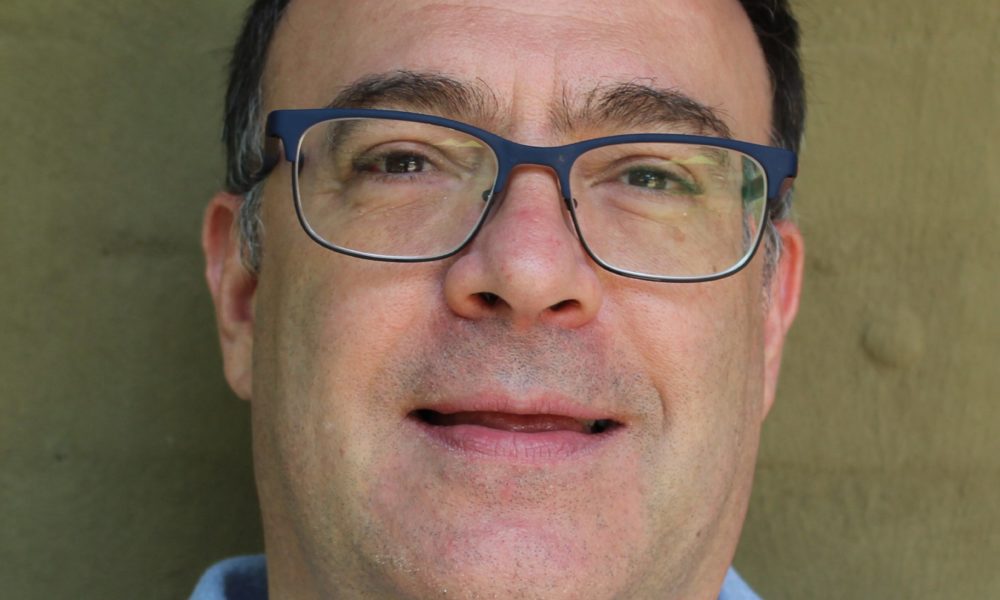OpEds
Does turmoil in Russia mean Putin won’t pitch?

“A week is a long time in politics” said British Prime Minister Harold Wilson. It’s a long time in war too. Just a few days ago, South Africa’s President Cyril Ramaphosa and six other African countries embarked on an unlikely peace-seeking mission to Ukraine and Russia.
Since then, Russian President Vladimir Putin has fended off an insurrection that was the biggest threat to his 23-year rule. Speculation is that Putin has been weakened, and he now looks more likely to skip the summit meeting of the BRICS (the grouping of Brazil, Russia, India, China, and South Africa) in Johannesburg in August. It’s also been a week where Ukraine strongly rebuked Israel for its purported closeness to Russia.
The world has scrambled to find out more about Yevgeny Prigozhin, the leader of the insurrection. An ex-convict who later sold hotdogs on the streets of St Petersburg, he’s known as “Putin’s chef” due to his catering empire and his former closeness to the Russian president.
He is said to be behind “troll factories” spreading online hate and meddling in elections. He runs a prominent media company, and is head of the shadowy, ruthless private military company, the Wagner Group, which has thousands of mercenaries deployed in Africa, Syria, and Ukraine.
It was these disgruntled soldiers of fortune that Prigozhin led on a march towards Moscow in a show of force to register their rejection of plans to integrate Wagner into the Russian army. They were also demonstrating their displeasure at how the war in Ukraine is being waged, and Prigozhin’s contempt for Russian Defence Minister Sergei Shoigu and other top brass.
On Sunday morning, Putin railed against the renegades. By the afternoon, the troops had turned back, charges were dropped against Wagner, and Prigozhin was said to be off to exile in neighbouring Belarus. He later denied that this was an attempted coup d’état.
News outlets have highlighted that Prigozhin’s father and stepfather were Jewish. Why does this matter? It’s part of his background and identity, of course, but it also can be fodder for conspiracy theorists who see Jews as malign, evil schemers – even if there’s little love lost for Putin.
There could be repercussions for Russia’s Jewish community in a divided and weakened state. Jewish people are always curious whether prominent figures have a Jewish connection, and maybe we make too much of this at times.
Since his indictment by the International Criminal Court in March for removing thousands of Ukrainian children to Russia, Putin hasn’t ventured beyond states of the former Soviet Union. The instability in Russia will probably make him even less likely to travel.
If he sends Foreign Minister Sergey Lavrov to the BRICS Summit, that would be a huge relief for Pretoria. If Putin came to South Africa, the government would have been obliged under domestic and international law to arrest him, a man who controls nearly 6 000 nuclear warheads. Awkward!
The Sunday Times reported last weekend, quoting anonymous insiders, that Ramaphosa appears to have convinced Putin that there would be little to gain by him attending the summit and a lot to lose, especially for South Africa. Of the options of attending online, moving the summit to China, or sending Lavrov, the latter seems most probable. This angst could all have been avoided if Putin had simply declined Ramaphosa’s invitation months ago. But that’s not his style.
I asked a Ukrainian friend how the Ramaphosa visit was viewed in Ukraine. He said, “South Africa is part of BRICS and isn’t neutral in the conflict. The South African minister of international relations and cooperation called Russia ‘a friend’. South African politicians are supporting Russia on social media. The other countries aren’t serious players. The whole ‘peace mission’ was about grain and fertiliser. And Ramaphosa isn’t Mandela.”
Meanwhile, Ukraine launched a withering verbal attack on Israel for choosing “a path of close co-operation” with Russia. The Ukrainian embassy in Israel posted on Facebook that Israel’s claimed “neutrality” is nothing but support for Russia. Hmm. This all sounds vaguely familiar.
Previously, Israeli Prime Minister Benjamin Netanyahu had told the Jerusalem Post that it wouldn’t arm Ukraine for fear of Israeli weaponry getting into the hands of Iran. Israel was stung by the embassy’s comments, having given $22 million (R407.3 million) in humanitarian aid to Ukraine and consistently voting against Russia at the United Nations.
Ukraine also blasted Israeli officials for attending a Russia Day celebration in Jerusalem as “a blatant disregard for moral boundaries”. Ukraine says Israel’s ministry of foreign affairs has stayed silent on antisemitic remarks by Putin and Lavrov. And Ukrainian first lady, Olena Zelenska, was denied an audience with Netanyahu on her recent visit to Israel, meeting his wife, Sarah, instead.
Israel has been reluctant to side with Ukraine due to the complex military situation in Syria, where Israel needs to co-ordinate its actions against Hezbollah with the considerable Russian presence in the war-torn country. Netanyahu has reportedly had more meetings with Putin than with any other world leader. A delicate tightrope is being walked.
This week shows how this terrible war continues to cause ripples far beyond the battlefield.
- Steven Gruzd is a political analyst at the South African Institute of International Affairs in Johannesburg. He writes in his personal capacity.
